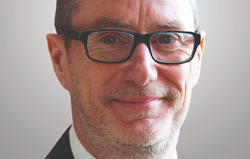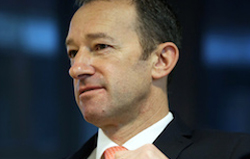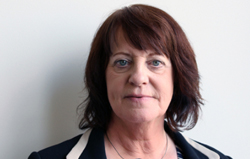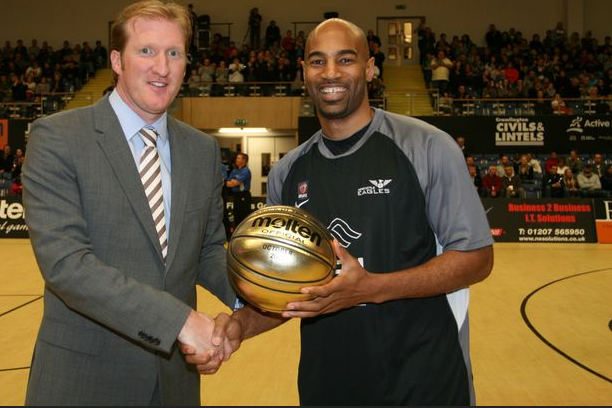Anthony Douglas CBE
Anthony Douglas CBE
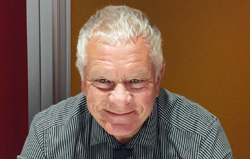
Anthony Douglas has been Chief Executive of Cafcass, the specialist national agency that supports over 115,000 children in public and private law cases every year, since 2004. Anthony worked in frontline social work for 11 years, before becoming Executive Director for all community services in the London Borough of Havering in 1996. He then went on to run health and social care services in Suffolk, from 2002 to 2004. He has been a school governor, a non-executive director of the Criminal Records Bureau (CRB) and a government adviser on specific programmes, including youth justice, children in care and child protection. He was Chair of the British Association for Adoption and Fostering (BAAF) from 2005 - 2015. Anthony was awarded a CBE in 2008 for his work in family justice and adoption.
I see all staff as leaders. I try to inspire others by sharing risk with them, by valuing what they do and not just what I do, and by trying to practice me + you = us as a leadership culture. Some of our strongest programmes have come out of conversations in team meetings and from the most unlikely people.
Reflective thinking is crucial in a front facing, urgent organisation like ours. By making sure our practice supervisors are top people, and that ,within the constraints of being busy, staff are supported with genuinely flexible working, good 4G technology and a manageable professional task that we all believe in, we go some way towards encouraging reflective thinking as an expectation.
I believe its possible to communicate a great deal about the core values of an organisation by getting in touch with the power and wisdom of the crowd, by going out and touching a nerve about what we need to do.
Peter Brown, one of my first team managers, stands out amongst the leaders who have had an impact on me, He taught me that you can be a leader and still be an authentic human being with feelings. Also, that all party lines are inherently dubious, you have to recreate them in your own image.
A good mentor is key for someone seeking insight into being a successful leader. Good induction, good mentoring, resilience training, working in a strong organisation committed to your development, and believing you’re only as good as your next 24 hours.
I’ve seen more leaders derailed by simple incompetence than anything else. Don’t expect success or fame, but be ambitious and settle for being all-round competent. with today’s pressures and overload all-round competence is outstanding.
The best advice I ever ignored in my career was “give up”. The buzz of operational work and leading national work for vulnerable people in a tough time is worth those times when the fit was plain wrong and nothing much happened for any of us.
For me, leadership is defined as helping others to do better. I love my job. I’ve achieved more here than anywhere else, but then I have been in it three times longer than any other job I’ve had, so I’ve had more time.
I’ve learned a great deal from many of the vulnerable people I’ve tried to help, who I’ve met years later and who emphasise the importance of simple, basic support for people in trouble. I always remember that when times are tough, as they usually are now. It may seem that we’re not making much difference, and I know it’s a cliché, but a little does often go a very long way.
I unwind with family and friends. I like building things, listening to opera, reading, writing and gardening. On the way home from work I listen to Radio 3 or 4, but if its been a challenging day Mahler or Shostakovitch do the job for me.
As a legacy, I’d be happy with “He improved public policy and legislation for vulnerable people”. If I was starting my career today I’d do the same thing, this is me – it’s who I am.
Expert Thinking

